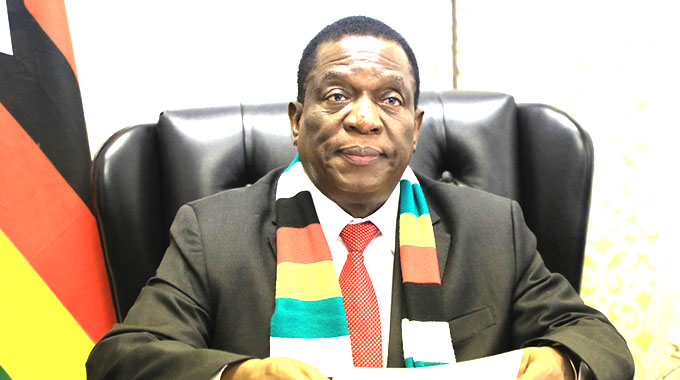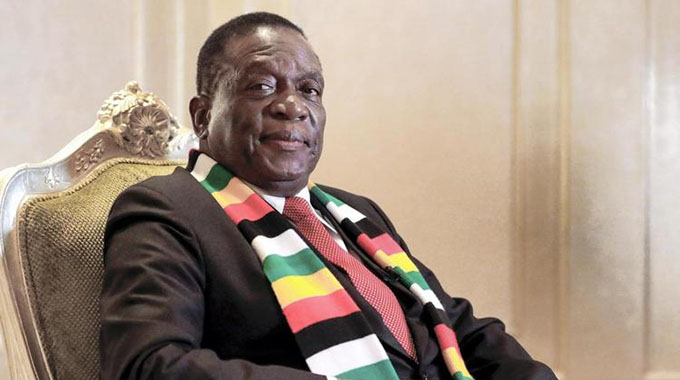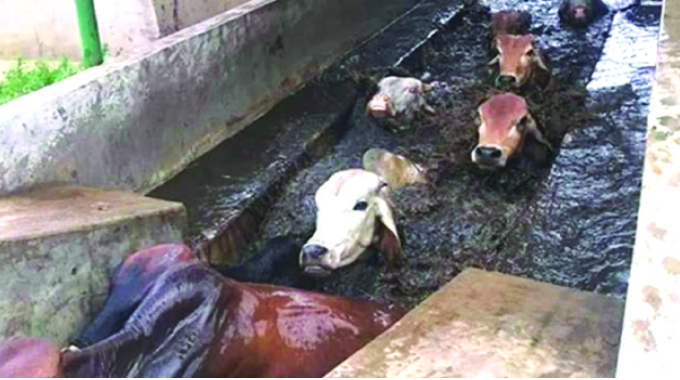‘. . . we apply the rule of law’

Kuda Bwititi in YOKOHAMA, Japan
Zimbabwe will not bend the law to please the opposition and its sympathisers who are supporting the recent attempts to embark on illegal protests, President Mnangagwa has said.
Western embassies have in the past two weeks openly sided with the opposition after police stopped a series of futile illegal protests that had been organised by the MDC-Alliance.
Responding to questions from Japan’s media organisations on the sidelines of the three-day Tokyo International Conference on African Development (TICAD) summit yesterday, President Mnangagwa said the law cannot be applied selectively.
The journalists had asked President Mnangagwa to comment on the so-called crackdown of opposition protesters
“We apply the rule of law, those who commit crime, the law must apply. You cannot have double standards where the rule of law is concerned. If people funded by the Americans commit crimes, we should not touch them? No! Zimbabwe is a unitary state and our laws apply to every citizen, whether you are in the opposition or you are in Government or you don’t belong to any political party at all.”
The President added: “If you commit murder you get arrested, if you commit corruption you get arrested, any violent act you get arrested. That is the rule of law which we observe.”
“I would like you to quote an action where Zimbabwe has acted outside the rule of law and I would like to hear that.”
President Mnangagwa said Government was committed to political, economic and legislative reforms.
“There is POSA and AIPPA which are in the process of being repealed. We are not repealing to please America, we are repealing because it is necessary for us. It is for Zimbabwe and if it helps the Americans so be it,” he said.
Asked on what differs in his approach to leadership of Zimbabwe in comparison with former president Robert Mugabe, President Mnangagwa answered: “Former president Mugabe was our commander for 15 years, when we fought the liberation struggle against Ian Smith. In 1979, we went to Lancaster where we got our political independence.
“Secondly, former president Mugabe is the founding father of our Independence and the principle grievance that we had during the liberation struggle was for us to get back our land.”
The President said his liberalisation of Zimbabwe’s economy also showed that his economic vision is different from the former president who was known for promoting counterproductive populist policies.
“In July last year, I won the elections with two thirds majority in Parliament. I have the majority party in Parliament. I have now liberalised and opened the space so that in modern times you must compete for global capital to come into your country. We are doing the liberal measures in Parliament, a raft of economic measures, political and social measures.”










Comments